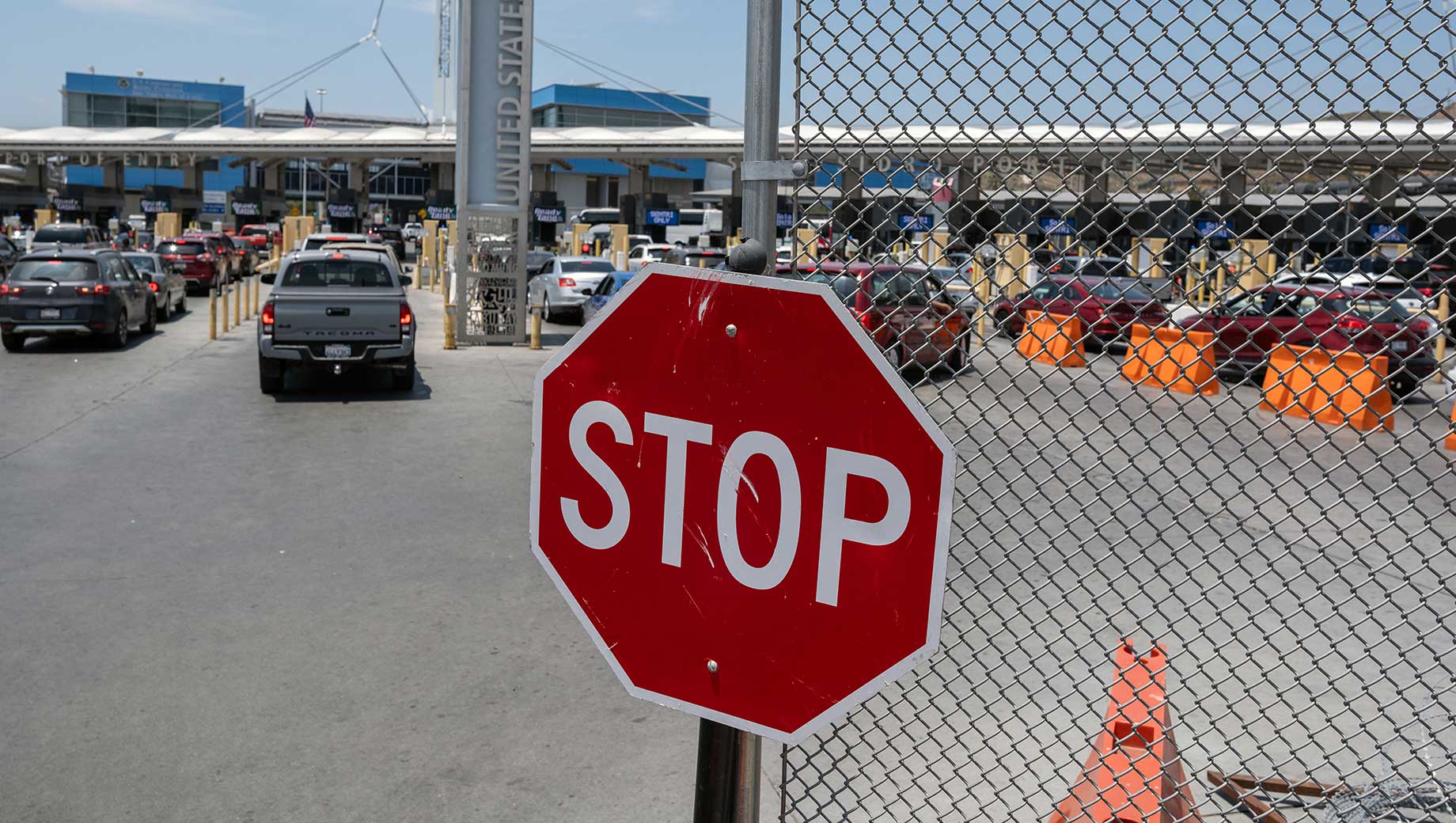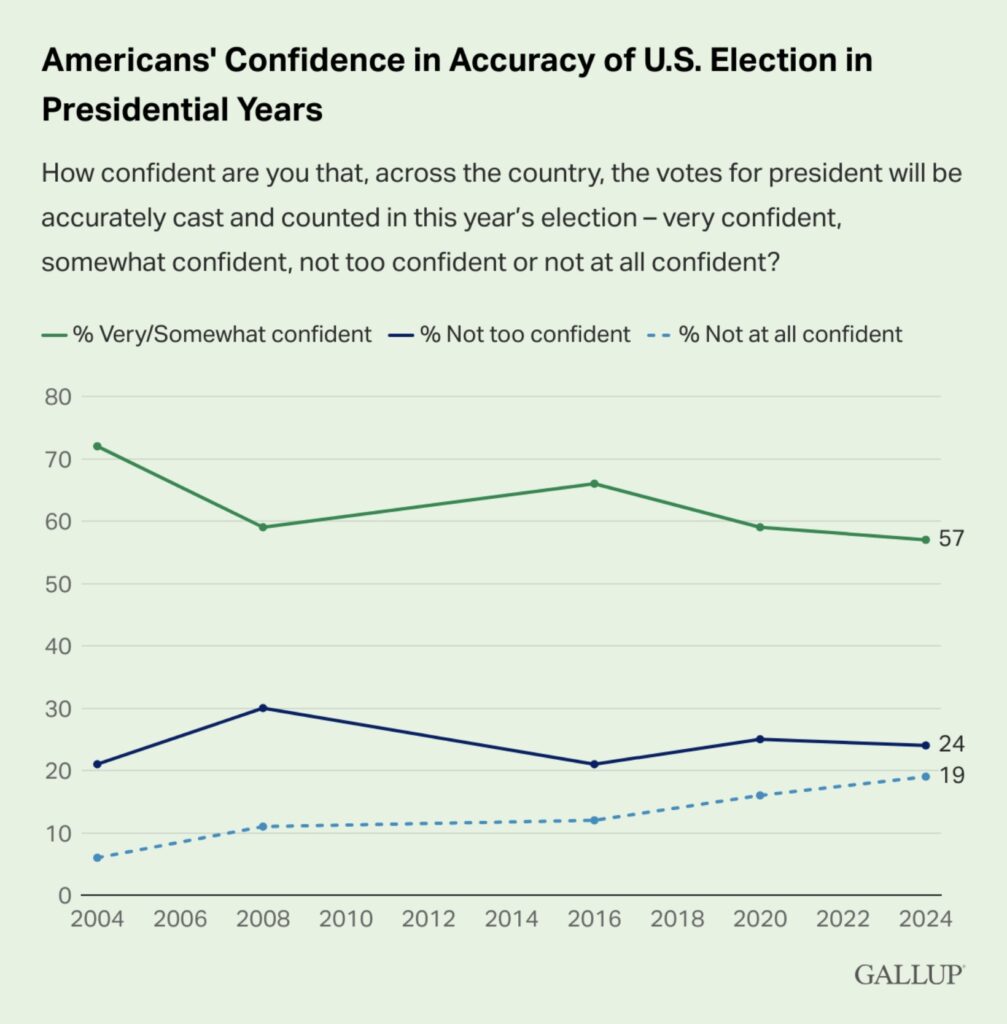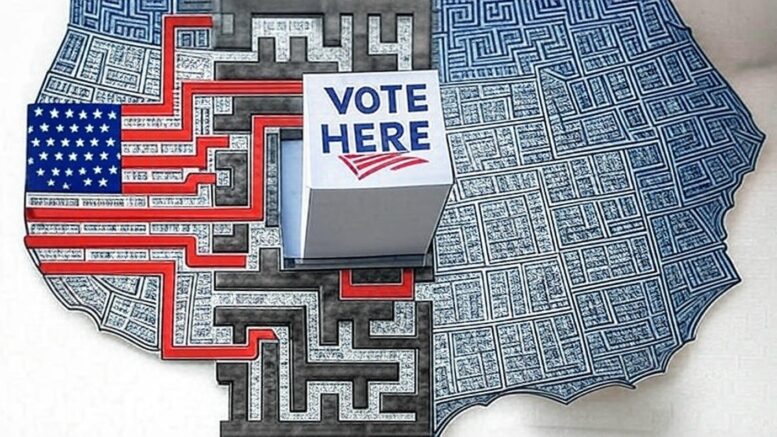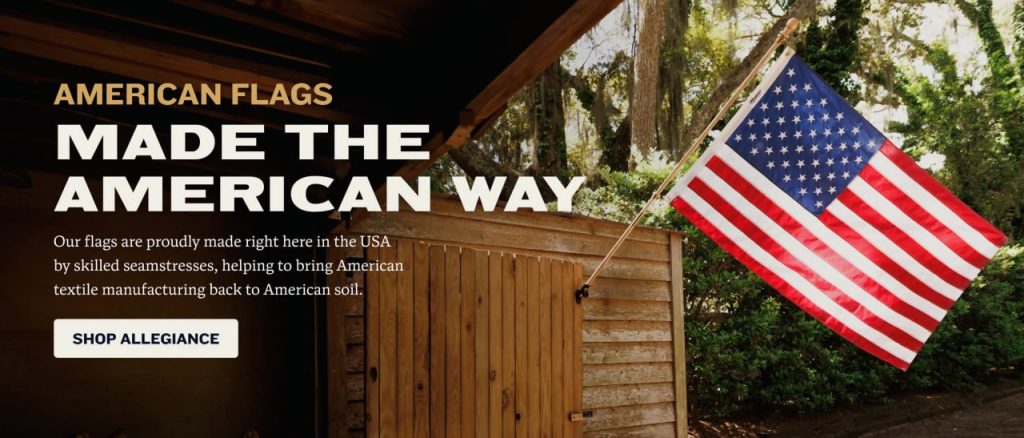On April 24, 2025, a federal judge stopped the Trump administration from enforcing a proof of citizenship requirement for voter registration. According to The Guardian, this decision directly challenges an executive order that many Republicans strongly support to protect election integrity. We believe the proof of citizenship requirement ensures only U.S. citizens vote, which is essential for fair elections. However, the judge firmly stated that the President lacks the authority to make such changes, as Congress and states control election rules. As a result, this ruling sparks serious concerns about how we secure our electoral process moving forward.
Additionally, the proof of citizenship requirement tied into Trump’s larger plan to reform elections. Republicans actively argue that this measure prevents non-citizen voting, a long-standing worry. On the other hand, voting rights groups claim it risks disenfranchising millions. For example, a similar law in Kansas once blocked 31,000 eligible voters, highlighting potential issues. Nevertheless, ensuring only citizens cast ballots should remain a top priority for every American.

Why the Proof of Citizenship Requirement Matters
The proof of citizenship requirement aimed to make voters show documents like a passport or birth certificate during registration. Specifically, the Safeguard American Voter Eligibility Act, which the House passed, backed this idea, but the Senate stalled it. Moreover, Judge Colleen Kollar-Kotelly’s 120-page ruling clearly emphasized that the President cannot bypass Congress on election issues. Therefore, this decision reinforces the separation of powers, even though it slows down efforts to secure our elections.
Challenges Without the Proof of Citizenship Requirement
For conservatives, the proof of citizenship requirement directly protects our democracy’s integrity. After all, even rare cases of non-citizen voting weaken the voice of American citizens. For instance, states like Arizona show the extent of the problems with tracking voters’ citizenship. Thus, while the proof of citizenship requirement faces logistical challenges, its goal to safeguard elections remains critical. Meanwhile, opponents argue it creates unnecessary barriers, which is a fair point to consider.

Next Steps After the Proof of Citizenship Requirement Ruling
Since the proof of citizenship requirement is now blocked, the Trump administration must explore other options. For example, the judge upheld parts of the executive order, like enforcing existing mail-in ballot laws. Additionally, the Department of Justice can still hold states accountable for missing election day deadlines. Ultimately, this ruling pushes Republicans to work through Congress to pass laws ensuring only citizens vote.
In conclusion, the debate over the proof of citizenship requirement reveals a tough balance between election security and voter access. I firmly believe in protecting our elections, but this ruling highlights the importance of constitutional checks. So, how do we ensure fair elections while keeping voting accessible? Let’s keep this important and vital conversation going.
Comment on this article and let me know what you think!
Follow the Author on X @CardioFixer







These activist judges are doing ANYTHING they can possibly do keep allowing Democrats to cheat without confirming their legal ability to vote. Our kids in future elections are SCREWED!
🚨Judge’s ruling could flip voter rolls! Is this the end of election integrity or a bold fix?